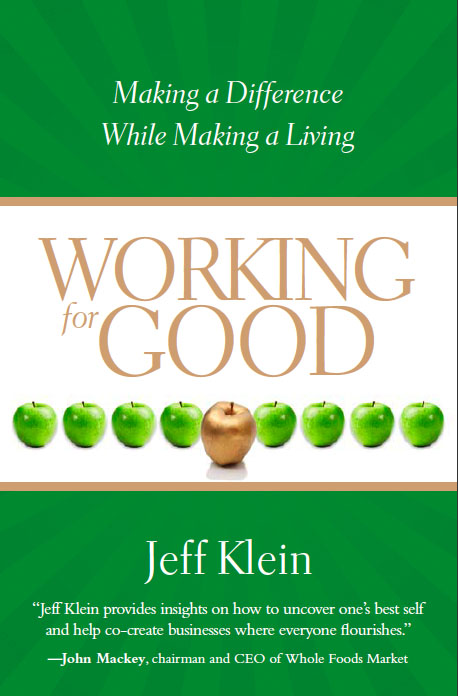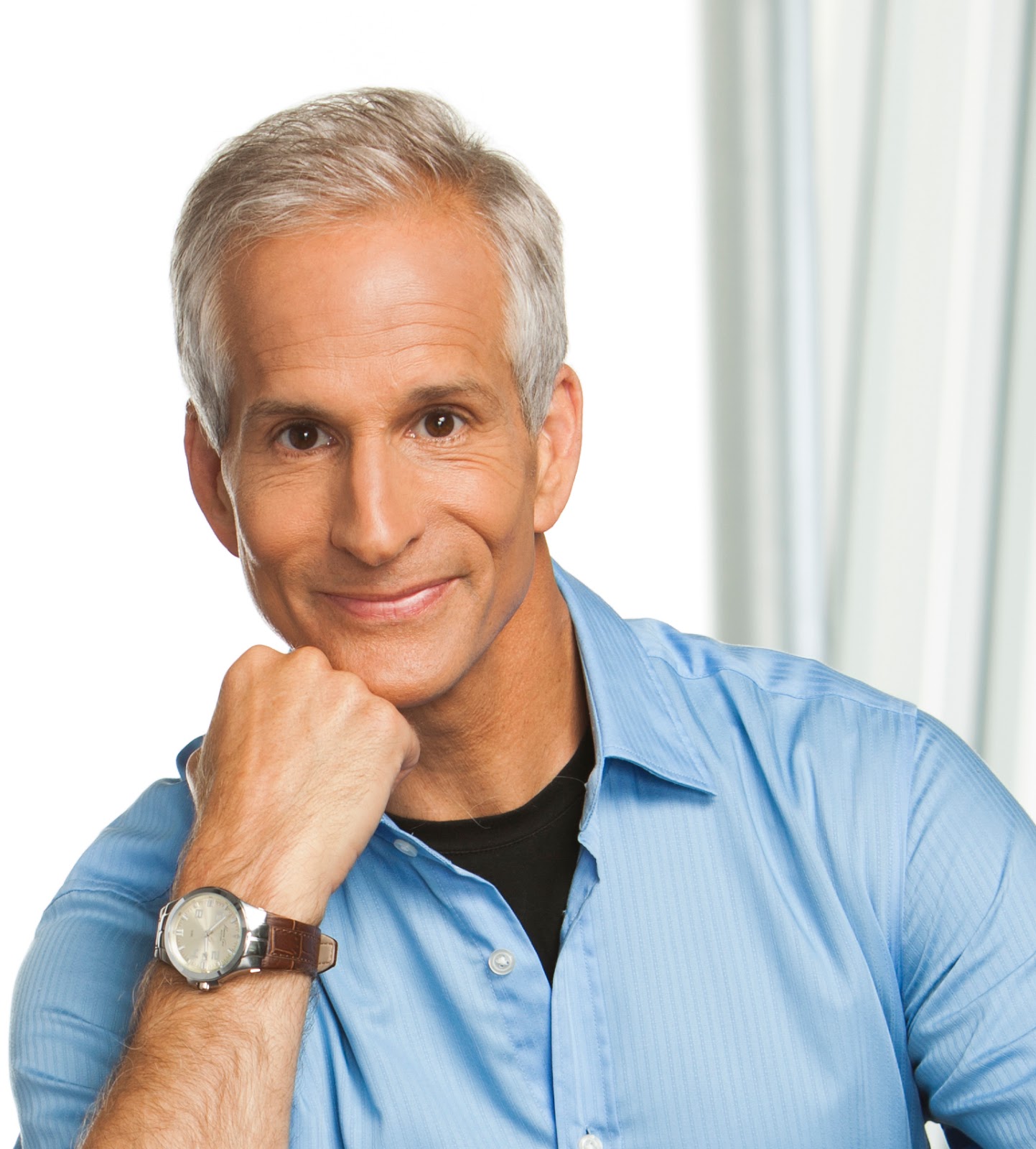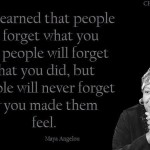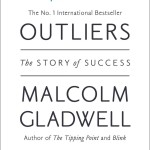“Working for Good,” subtitled Making a Difference While Making a Living, would seem indispensable for energetic, ambitious entrepreneurs and visionaries who have a strong social conscience as well as a robust business ethos.
Jeff Klein, an ambitious and energetic guy, has written a book with the same attributes and confesses that he “loves to work.”
Klein’s book is a primer on how to make the most out of our working lives – by infusing whatever we do to make a living with our passion and ideals. As well as a healthy commitment to the growth and development of ourselves and our communities, Klein takes a refreshing bottom-up approach to the bottom line of our individual endeavors. Not exactly new news here, but some of his techniques to accomplish these goals are pretty rad.
Still, there remains some residual uneasiness about combining wisdom tradition principles with books about commercial enterprise, though the Buddha did enjoin us to engage in right livelihood. “Working for Good” is a great place to start on the path to Conscious Capitalism, with Klein’s intention “to provide a meaningful context and essential tools to support you in deeply and fully expressing your humanity through your work; to open to the vulnerability that makes you invulnerable; to establish a sense of aspirational purpose grounded in principles that sustain you in the face of adversity; and to find rich experience and deep fulfillment.”
Ambitious and energetic enough? Man, if one book could do all that, pigs would be flying through the stratosphere by now.
Klein might have a regret or two about using John Mackey, CEO of Whole Foods, as the lynchpin of his Conscious Business model. But if we keep Mackey’s personal quirks out of the picture – and by now they are legion — what we get is the Working for Good model of Five Essential Skills necessary for going from “me-centered to we-centered thinking.” To shore up this point, Klein points out that “Brain research indicates that doing good for others creates pleasure for the do-gooder on a biochemical level.” (Which should mean that altruism is a no-brainer.)
In the same vein, Whole Foods’ “Declaration of Interdependence” explicitly states that the company’s purpose is “to serve people and planet.” (One wonders how Mackey’s denial of global warming, and his controversial stance on health care, fits into this mission statement, but this is somewhat beside the point. It would seem indisputable that Whole Foods has created a successful business model.)
There’s an awful lot of positivist thinking in “Working for Good,” which is okay up to a point, as long as it doesn’t veer into grandiosity. “Our thoughts drive our actions, which manifest our reality.” Again – up to a point. We are not lords of the universe who control all elements of our existence; we also have to work with what others manifest. (And even though it’s all empty on the ultimate level, we’re talking about relative reality here, where karma most definitely still operates.) “Knowing our purpose is critical and knowing ourselves is essential,” Klein adds, with an important section on “Addressing the Missing Pieces: Blocks, Holes, and Shadows.”
“By reflecting on ourselves and engaging in authentic dialogue with others, we can recognize our unproductive, unconscious patterns and, with open-hearted compassion, recognize that they do not have to rule, limit, or define us. We can soften into them and understand how they serve us, both in a practical way and as teachers to guide us to new levels of self-awareness and mastery.”
What are the Five Essential Skills? Awareness, Embodiment, Connection, Collaboration, and Integration. Each gets its own chapter, along with exercises designed to help embody them. In this sense, the book is like a manual for meditation, but then there are somewhat unsettling statements like “The challenges facing humanity are clear opportunities for business.”
Happily, Klein is coming from a highly ethical and beneficently-motivated place. “Working for Good” is really a clarion call about waking up in the world of work: “Conscious choices . . . tend to be more effective than unconscious reactions.”
Amen. And kudos to Klein for using awareness as a guide, to “tap into the wisdom of our mind-body, weigh our decisions against our intentions, purpose, and principles.” He’s a big booster for keeping an open heart as well as mind on the way to mastery, which is “a process, not a destination . . . that deepens humility and drives ongoing learning and development. As we stretch ourselves and each other, we realize more of our potential, expand our capacity and invigorate our lives.” (Sounds a lot like the 60’s Human Potential Movement.)
“Working for Good” is an inspirational book for people in business, which means most of us. Klein reminds us of our highest humanity in the midst of making a living, that “Success is the ability to create happiness for others,” to quote Marcella Echavarria. As importantly, we’re advised, “approach work with the intention to give and serve, but also to be open to receiving.” [From: Bohemianbuddhistreview.com]
At the core of Conscious Capitalism is a recognition of the role of awareness and a belief that Capitalism (and, specifically, business) are forms of human organization and can have varying effects, based on the consciousness — the applied awareness — of the people who comprise them. Capitalism is based on interdependence, interrelationship, voluntary exchange, value creation through the marketplace. Conscious Capitalism builds on these essential elements and adds new dimensions of awareness. We (the trustees of Conscious Capitalism, Inc.) have identified 4 core pillars of a Conscious Business, which are:
- Purpose: recognizing that every business has a purpose beyond, yet including, financial return, and aligning the business with that purpose.
- Creating value for all stakeholders: recognizing that a business is like an ecosystem, comprised of interrelated and interdependent organisms. In the case of a business, its stakeholders — e.g. customers, employees, vendors, investors, the communities where it conducts business, the environment — constitute its ecosystem. If the business creates value for all of them then the system will be strong, healthy and resilient.
- Conscious Culture: a team of people who share vision and values, and a commitment to the purpose and to creating value for all stakeholders.
- Conscious Leadership: leaders who act in service to the purpose and the stakeholders, and who cultivate leadership throughout their company and cultivate Conscious Culture. [From: Mindbodygreen.com]
Jeff Klein’s Working for Good – A Hero’s Journey is perfectly suited to groups looking for inspiration, information, and facilitation to catalyze or advance their understanding and practice of building a purpose-driven, stakeholder-focused business, guided by principles and led by adaptive, conscious leaders.
As CEO of Cause Alliance Marketing, Jeff Klein designs and facilitates collaborative cause-related marketing programs. He is a director of Conscious Capitalism, Inc, producer of the annual Catalyzing Conscious Capitalism (C3) Summit, and author of the award-winning book, Working for Good: Making a Difference While Making a Living.
Jeff was one of the visionaries and driving forces behind Private Music, the career of Yanni, Spinning, and Seeds of Change, and has consulted for the Esalen Institute, the National Geographic Society, GlobalGiving, the Institute of Noetic Sciences, among others. Jeff wrote his award-winning book, Working for Good: Making a Difference While Making a Living, to support conscious entrepreneurs, intrapreneurs, leaders, and change agents at work. He resides in San Rafael, California. [From: Thespeakersgroup.com]
Now Watch This Video:
Jeff Klein: Working for Good
If you like this story, CLICK HERE to join the tribe of success-minded people just like you. You will love our weekly quick summaries of top stories, talks, books, movies, music and more with handy downloadable guides, cheat sheets, cliffs notes and quote books.

















